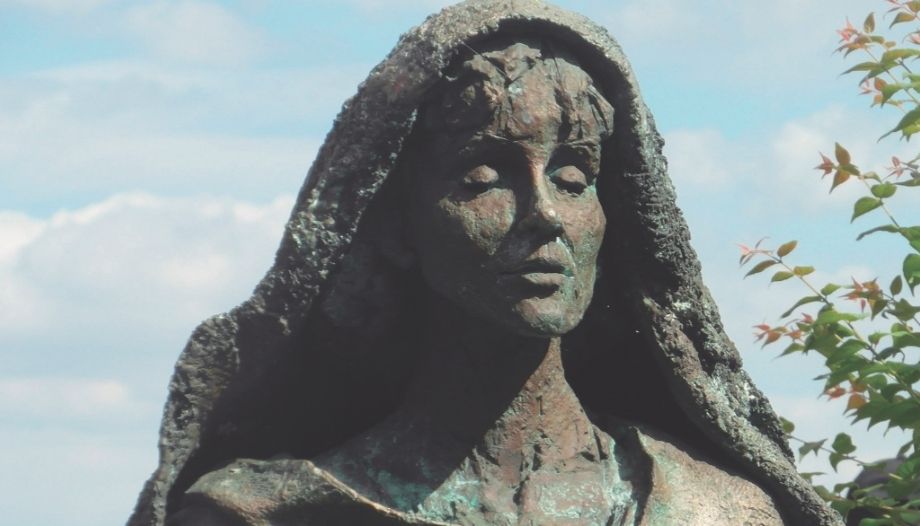Four hundred years after his death in 1621, the saintliness of St. Robert Bellarmine "continues to illuminate history by speaking of Christ and his love for the Church." Canonized in 1930, he became a Doctor of the Church the following year, the Vatican agency writes. The Church also celebrates the saint and Doctor of the Church on September 17. Hildegard of BingenBenedictine abbess and mystic, advisor to princes, popes and emperors.
St. Robert Bellarmine (1542-1621), with two "l "s according to the Jesuit website (Bellarmine) was an intellectual, theologian and fearless defender of the faith during the controversies of the Reformation. As a cardinal he served three popes, who appreciated his wisdom and sage advice.
Cardinal Bellarmine took advantage of the annual exercises, which he extended for up to 30 days each year, to write books on spirituality. When the new Pope Paul V was elected on May 16, 1605, he asked the cardinal to reside in Rome, where he worked for various Vatican dicasteries. After his death and funeral, his body was transferred in 1823 to the Church of St. Ignatius.
Hildegard of Bingen, mystic and all-rounder
The Benedictine Abbess Hildegard of Bingen was born in Bermesheim, Germany, in 1098. She was the last of ten children, and a woman of great intelligence. In spite of her delicate health, she reached the age of 81 with a life full of work. She had excellent biblical and liturgical training, in philosophy, natural sciences and music.
Her visions, transcribed in notes and later in books, made her famous. On the mountain of St. Rupert, near Bingen, on the banks of the Rhine, Hildegard founded the first monastery. And in 1165, the second, on the opposite bank of the river. In 2012 she was declared Doctor of the Universal Church by Benedict XVI, who dedicated to her a Apostolic letter.
Stigmata of St. Francis of Assisi
"From the month of September 1224 to the present day, eight centuries have passed, as the celebration of this centennial memorial reminds us." noted the Franciscans. In fact, the Franciscan family, and the whole Church, then celebrated the eight centuries of the reception of the Franciscans by St. Francis of Assisi of the "signs of the Passion" of the crucified Christ.
With them he was marked on the holy mountain of La Verna (Province of Arezzo in Italy). When St. Francis came down from the mountain, he carried on his body the effigy of the Crucified One engraved in his flesh. Not by an artist, but by the hand of the living God (St. Bonaventure).







